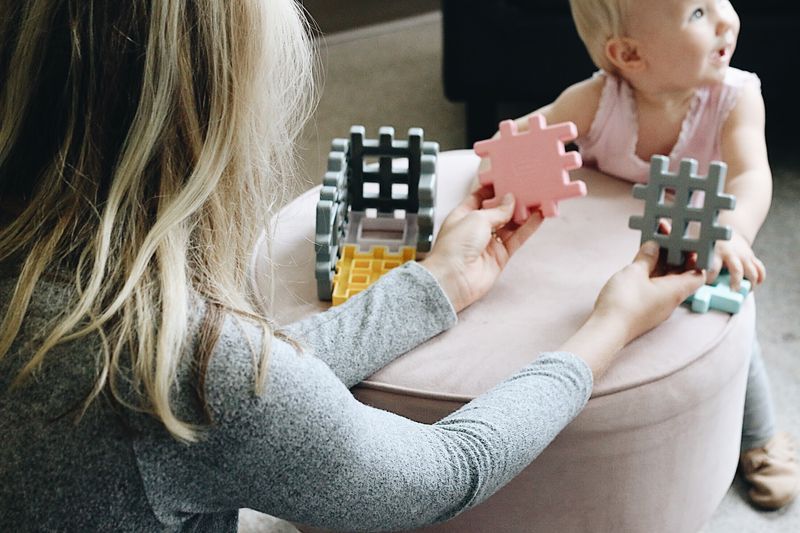

At Parkwood Clinic, we understand how hard it can be to watch your child struggle to communicate, eat comfortably, or feel confident expressing themselves. You want to help but sometimes, it’s hard to know where to start.
We believe that communication, feeding, and connection are the building blocks of a child’s growth. Our team helps children strengthen these foundational skills through individualized, evidence-based care that feels personal and encouraging. Every session blends play, creativity, and proven techniques to help your child make real, lasting progress.
Families who come to Parkwood find more than therapy — they find partnership. Together, we celebrate every milestone and build the confidence children need to thrive at home, at school, and in life.
CONTACT US
We provide specialized, results-focused therapy for speech, language,& feeding challenges. Our therapists use proven, evidence-based methods tailored to each child’s unique needs.

We believe learning never stops for children, families, and our team. Our staff are highly trained and continue to expand their skills through ongoing professional development, ensuring the highest quality of care.

We work closely with parents, schools, and healthcare providers to create a consistent, supportive network around every child, helping progress carry over into all areas of life.

We’ve built a clinic where children feel safe, accepted, and motivated. Families can count on genuine support and a welcoming environment that celebrates every step forward.

Our goal is lasting change. We focus on building communication and life skills that support each child well into the future.

We provide specialized, results-focused therapy for speech, language,& feeding challenges. Our therapists use proven, evidence-based methods tailored to each child’s unique needs.

We believe learning never stops for children, families, and our team. Our staff are highly trained and continue to expand their skills through ongoing professional development, ensuring the highest quality of care.

We work closely with parents, schools, and healthcare providers to create a consistent, supportive network around every child, helping progress carry over into all areas of life.

We’ve built a clinic where children feel safe, accepted, and motivated. Families can count on genuine support and a welcoming environment that celebrates every step forward.

Our goal is lasting change. We focus on building communication and life skills that support each child well into the future.

We’ve built a clinic where children feel safe, accepted, and motivated. Families can count on genuine support and a welcoming environment that celebrates every step forward.

Our goal is lasting change. We focus on building communication and life skills that support each child well into the future.

We want our clients to say whatever they want to say, whenever they want to say it, to whomever they want to say it – all without anxiety or hesitation.
Speech and language therapy addresses areas of cognition including areas of attention, concentration, orientation, word retrieval, and executive functioning skills.
.png)
Parkwood Clinic provides early intervention and parent training to help support children with developmental delays and disabilities.

Feeding therapy for children of all ages, focused on building safe, positive, and confident eating habits.
We help individuals communicate beyond basic needs and connect with others better.
A therapy approach that strengthens and retrains the muscles of the mouth and face to improve swallowing patterns.

Our clinicians are nationally certified and continuously pursue advanced, evidence-based training to ensure each child receives the best care possible. Many of our therapists hold specialized credentials through the PROMPT Institute, SOS Approach to Feeding, Get Permission Institute, and Tethered Oral Tissues (TOTs) programs, with several also recognized as Certified Autism Specialists by IBCCES.
Parkwood’s dedication to professional growth has earned multiple ASHA Awards for Continuing Education (ACE) in 2022, 2023, and 2024, reflecting our commitment to clinical excellence and measurable outcomes for every client.







